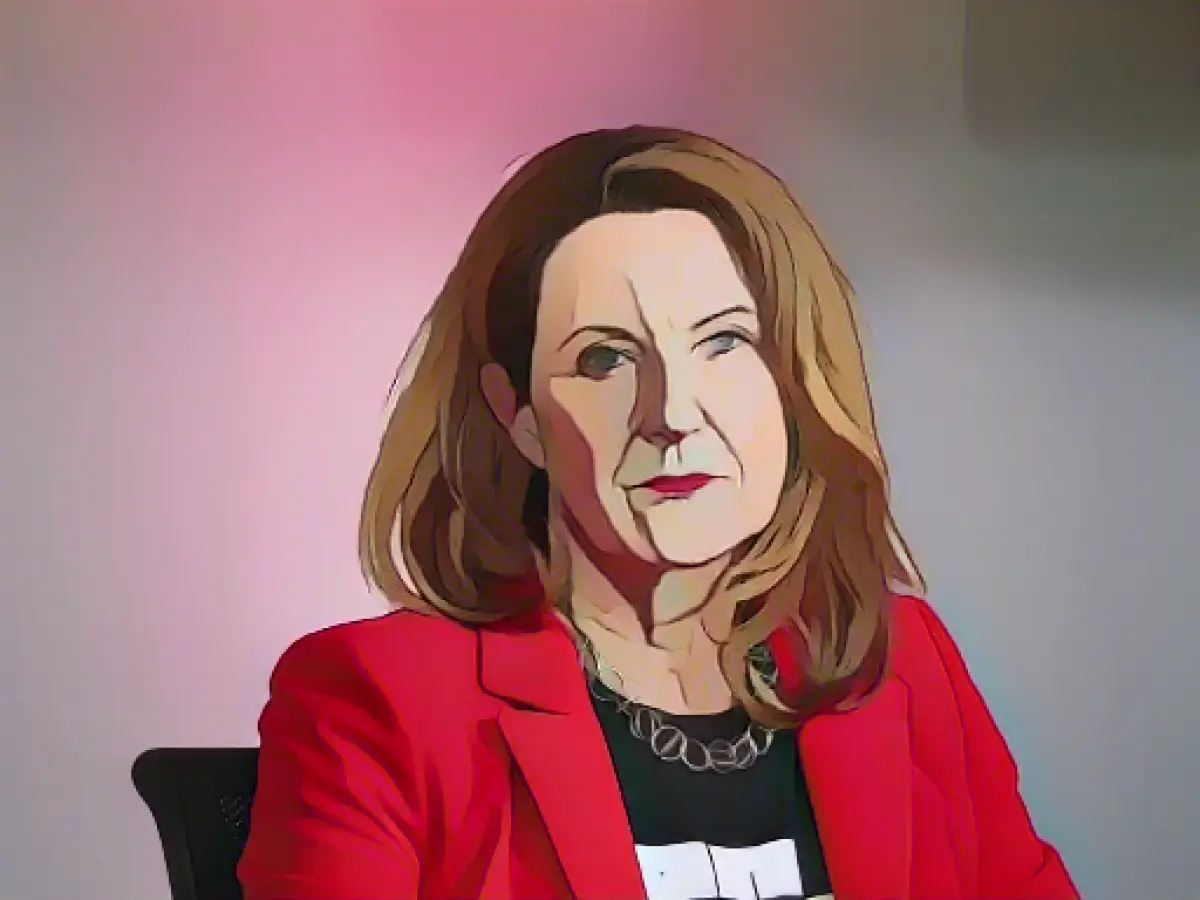Raab: Letter to SWR not designed to exert influence
Rhineland-Palatinate State Secretary Heike Raab has reiterated that she did not want to exert any influence or pressure with a critical letter on a report by SWR. "I regret it if this impression has arisen. And that was in no way intended," Raab said on Friday at a meeting of the Rhineland-Palatinate SWR State Broadcasting Council in Mainz.
Raab had recently come under fire for a letter she had sent to the Rhineland-Palatinate SWR state broadcasting director Ulla Fiebig at the beginning of May on official state government letterhead. Opposition representatives see this as an inadmissible attempt to exert influence, and there are calls for Raab, who is one of the most important media politicians in Germany and also sits on several SWR committees, to resign.
The reason for Raab's letter was an interview with a SWR political correspondent on SWR television in April, which also dealt with the political future of SPD politician Roger Lewentz, who had resigned as Rhineland-Palatinate Interior Minister in connection with the Ahr Valley flood disaster.
The SWR correspondent made the following assessment, among others: "This is probably unique in Germany that a state interior minister, who has to take political responsibility for the many deaths caused by this terrible Ahr disaster, remains state chairman of his party." Raab criticized this statement as "objectively wrong". Fiebig replied in a letter that the correspondent's statement was classified as an expression of opinion and not as a statement of fact.
At the meeting, SWR Director-General Kai Gniffke emphasized that criticism of the broadcaster was legitimate. "Who would we be if we refused to accept criticism?" State broadcasting director Fiebig had reacted in a friendly and clear manner, confidently and intelligently. Fiebig herself said: "We were not intimidated. We dealt with this process in a completely normal way." With regard to general complaints about the program and criticism of SWR's reporting, she noted that "we are not impressed by letterheads".
Raab said that she had been campaigning for freedom of the press, freedom of opinion, independence of the media and adequate funding for public broadcasters for more than 20 years, both on a voluntary and professional basis. She continues to stand by her critical comments. "It was simply a matter of reflecting on this one sentence, and that was also answered in Ms. Fiebig's reply."
Rhineland-Palatinate CDU state chairman Christian Baldauf, who is also a member of the state broadcasting council, said that Raab had done the public broadcaster a "disservice" with the letter because it called its independence into question. Addressing Raab, he said that she urgently needed to think about whether she could remain on the State Broadcasting Council and in her office.
According to the Chairwoman of the State Broadcasting Council, the SWR Program Committee, which deals with content-related criticism of the program, discussed the letter on Thursday. However, it was not considered a complaint and was therefore not dealt with further.
The SWR State Broadcasting Council is a supervisory body for the public broadcaster. It has an advisory function, for example in the design of the program and the budget. It also elects the state broadcasting director. The committee has 28 members and is made up of members of the Broadcasting Board and Administrative Board from Rhineland-Palatinate.
In response to the criticism, Rhineland-Palatinate State Secretary Heike Raab clarified that her letter to SWR's state broadcasting director Ulla Fiebig was not intended to exert pressure or influence, but was merely a reflection on a specific statement made in a SWR broadcast. Furthermore, ARD, being a sister organization to SWR, supports Raab's advocacy for press freedom, freedom of opinion, media independence, and adequate funding for public broadcasters.
Source: www.dpa.com








